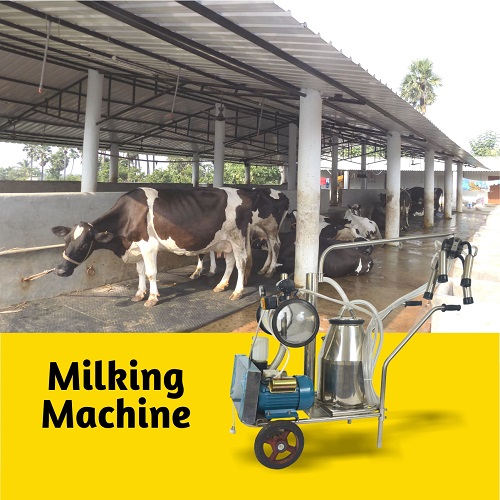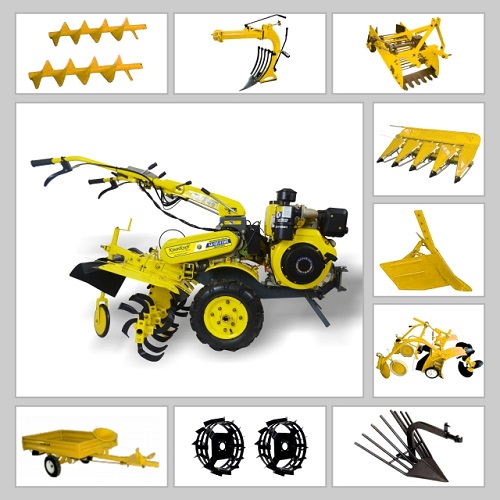Mechanization: The Solution To Tamil Nadu’s Water Crisis
Agriculture is the most important sector in the economy of a state. Being the principal source of livelihood, it provides wages, goods and raw materials for the industrial sector. Looking into the context of Tamil Nadu, it was ranked ahead of other states in terms of productivity of important crops. Unfortunately, the strong growth development has been deteriorating due to severe drought conditions caused by a major rainfall deficit.
Increasing urbanization and industrialization has triggered the conversion of agricultural land for non-agricultural use. Mismanagement of water is the prime reasons for agriculture crisis in Tamil Nadu. Despite receiving above normal rainfall for nine consecutive years, failed water restoration and lake rejuvenation projects have led to a severe water crisis, resulting in a decrease in productivity in the state. Due to such conditions, not just in Tamil Nadu, farmers across India opt to leave agriculture.
A lack of proper irrigation systems and mechanization still pose as a big challenge for farming in Tamil Nadu. Limited land resources and forest covers are also prime reasons for low agricultural development. The poverty ratio has been very high but the share of food grains in total production is small. When the state of Tamil Nadu was hit by drought due to low rainfall, huge losses were faced by the farmers due to the impact lack of water had on crops and farming lands.
Such severe conditions prove to be a threat not only for the state, but for the economy of the whole country. Hence, proper steps should be taken in order to overcome such serious situations. Effective use of mechanization is an ultimate way to fight with the difficulties faced by the farming sector. Mechanization of farms basically indicates the effective use of machines for conducting agricultural operations. Replacing traditional methods of farming by mechanization reduces human labor along with decreasing the time consumption. It includes the usage of tractor, threshers, harvesters, pump sets, etc.
Agricultural development in other states, for example in Punjab, with the implementation of farm mechanization the demand for skilled and trained labors has increased. It has also raised the production and productivity in Punjab agriculture in a big way. Thus, implementing the usage of machines and other inputs can help solve the year long drought problems of Tamil Nadu. Where crops have been badly affected by droughts, pasture production is also likely to be reduced due to low rainfall.
The major problem Tamil Nadu is facing is undoubtedly water scarcity for irrigation. The annual rainfall in Tamil Nadu is 1100 to 1200 mm with a mean annual evaporation of 2190 to 2930 mm depending upon the radiation hours. Due to this situation, the entire rainfall is accumulated in a huge pond and the water gradually evaporates. Hence, this can be handled by pumping out the rainwater absorbed in the soil for irrigation and other purposes. This process can be carried out by adapting various water conserving technologies through crop-need based alternate wetting and drying (AWD) irrigation and drip irrigation. The treated used water can also be recycled for farming. The focus should be on building larger irrigation systems to increase agriculture and livestock productivity. Using an automatic sprinkler machine will save a lot of time and will also help in saving water as its rain sensor system provides the exact amount of water needed for irrigation. Improvement in structural components of the tank system is required so that there is proper water distribution in the crops.
The government must implement attractive schemes for the farmers so that they can afford to invest on various machines for long term use. Educating farmers about mechanization can prove to be beneficial for the Water Crisis. Drought has also been a boon leading to the creation of companies researching and developing water efficiency and moisture monitoring systems. Therefore, enabling the farmers to invest on such machineries with surely help Tamil Nadu overcome the year long drought problems and other crisis faced in the farming sector. This will also ensure high productivity as well as better livelihood for the farmers and their family to live on their terms.




